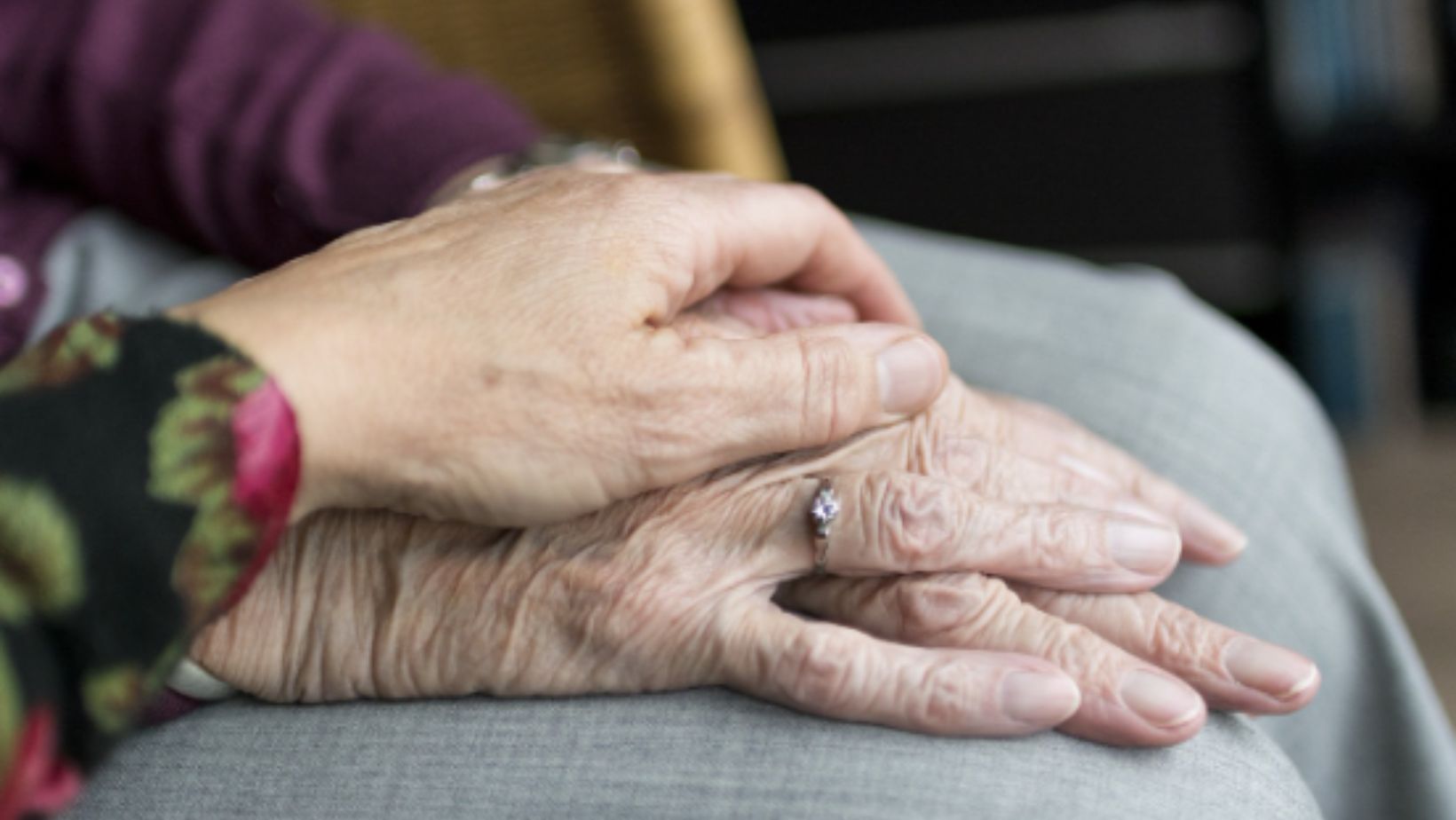
Caring for a loved one in the final stages of life is a profound and challenging experience. It demands emotional strength, empathy, and a commitment to comfort and solace during sensitive and often difficult times. Navigating this journey requires practical caregiving skills. This comprehensive guide will explore several ways to support a loved one nearing the end of life, creating an environment of compassion, dignity, and love.
Open Communication and Active Listening
Effective communication is the cornerstone of supporting a loved one in their final days. Create an open and honest space where your loved one feels comfortable expressing their thoughts, fears, and wishes. Initiate conversations about their feelings and experiences, allowing them to share memories or discuss concerns. If they want you to plan for their funeral, make sure to approach the topic with sensitivity and respect. Engage in discussions about their preferences for the service, burial, or cremation and any specific wishes they may have regarding the ceremony. It’s an opportunity for them to have a say in how they will be remembered and celebrated. Remember that these conversations may be emotionally charged, so approach them with empathy and a willingness to listen. Equally important is active listening—paying close attention to their words, emotions, and non-verbal cues. Being present and fully engaged provides a valuable outlet for your loved one to express their feelings and thoughts.
Create a Comfortable and Familiar Environment
The significance of a comforting and familiar environment cannot be overstated in the challenging days ahead. If possible, arrange the space to reflect your loved one’s preferences and bring a sense of familiarity. Surround them with cherished belongings, photographs, or soothing music. Consider the use of soft lighting or scents that evoke positive memories. Creating a warm, inviting atmosphere contributes to their peace and comfort.
Provide Physical Comfort and Pain Management
As the body changes in the final stages of life, prioritizing physical comfort becomes paramount. Collaborate with healthcare professionals to ensure that your loved one receives adequate pain management and symptom control. This may involve medications, specialized equipment, or alternative therapies to enhance their comfort. Regular repositioning, massage, and proper hydration and nutrition are essential to physical care. Keep an open line of communication with the healthcare team to address any concerns promptly.
Emotional and Spiritual Support
Navigating the emotional and spiritual aspects of end-of-life care is a delicate and deeply personal journey. Offer emotional support by validating your loved one’s feelings, acknowledging their fears, and being a source of comfort. If spirituality is important to them, facilitate connections with religious or spiritual leaders or arrange for pastoral care.

Engage in activities that bring peace and fulfillment, such as reading cherished texts, listening to meaningful music, or practicing meditation. Providing emotional and spiritual support is a holistic approach to end-of-life care that honors the individual’s beliefs and values.
Foster Meaningful Connections and Say Your Goodbyes
Encourage friends and family to visit and share their love and memories. Meaningful connections can provide immeasurable comfort and support during this challenging time. Facilitate opportunities for loved ones to express their feelings, share stories, and say goodbyes. Create a space for these interactions in the home or a hospice setting. Acknowledge the importance of closure and allow your loved one to feel surrounded by the warmth of those who care for them.
Respecting End-of-Life Wishes and Decision-Making
Understanding and respecting your loved one’s end-of-life wishes is fundamental to providing compassionate care. Discuss and document their preferences regarding medical interventions, life support, and other crucial decisions. This may involve advance care planning, the creation of a living will, or appointing a healthcare proxy. By honoring their wishes, you empower your loved one to have agency over their end-of-life experience and uphold their values.
Caring for a loved one nearing the end of life can be emotionally and physically demanding. Recognizing and addressing your needs for support and self-care is essential. Seek assistance from friends, family, or support groups who can share the caregiving responsibilities. Consider counseling or therapy to help you navigate the complex emotions associated with end-of-life care. Taking care of yourself ensures you can provide your loved one with the best possible care.

Caring for a loved one in the final stages of life is an extraordinary act of love and compassion. It requires a delicate balance of practical caregiving skills, emotional support, and a deep understanding of the individual’s wishes and values. By fostering open communication, creating a comfortable environment, prioritizing physical comfort, offering emotional and spiritual support, facilitating meaningful connections, respecting end-of-life wishes, and seeking support, you contribute to an atmosphere of dignity and love during this profound journey. Each gesture, no matter how small, becomes a meaningful expression of care, creating lasting memories and providing solace to you and your loved one.










